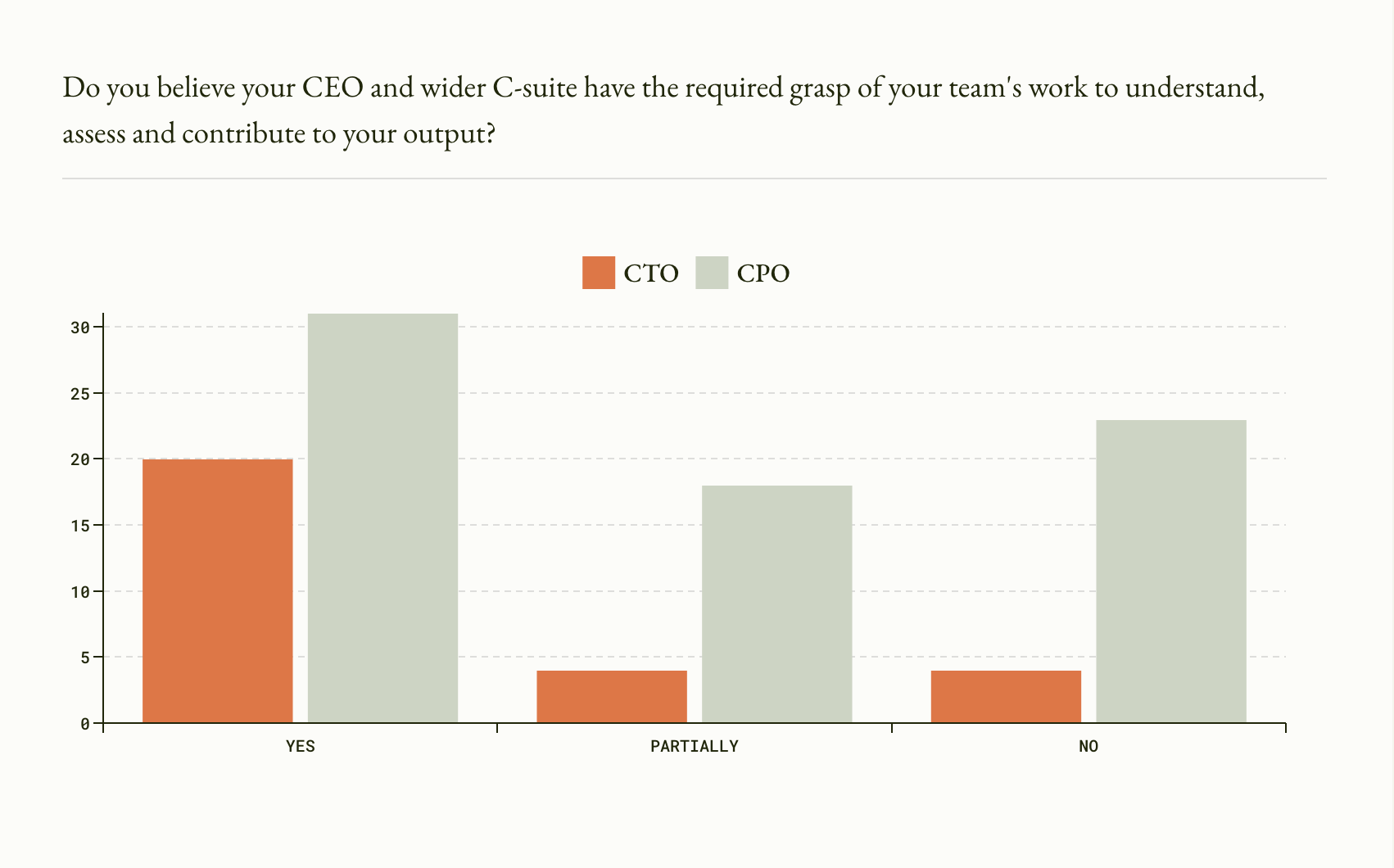Akhila has been in product for ten years, transitioning into product management from engineering. “I naturally gravitated towards solving problems while keeping the user’s perspectives in mind,” she says.
The biggest challenge in product leadership
There’s never a perfect solution when leading products and teams, Akhila says, “the biggest challenge in this role is navigating ambiguity. It’s important to figure out the facts and be decisive on the next steps,”
Discovering stoicism
Since 2020, Akhila has been dealing with a plethora of personal issues, from family illnesses to the Covid pandemic and joining a start-up in a leadership role. She came across a post on Linkedin by John Zeratsky sharing the lessons of stoicism and thought it would be worthwhile to learn more about the practice. Following on from learning more, she made it a regular routine to read nuggets of insights from the book, “the daily stoic”
“A lot of the challenges that you face in your personal life can be similar to what you face in work. So although this was a tool that I set up to help me navigate through my personal life, it massively benefited my professional journey.”
“Even to this day, three years later, it reminds me what is required to be a stoic. I’m a work in progress, but it’s a good way to start your day.” This tool helps to figure out who you are as a product leader when you are faced with challenges, Akhila explains. Is it your ego that’s coming into play? What do you fear when encountering this challenge? Are you in the present? All of these questions can ground you to make the best decisions.
Four key lessons from stoicism that relate to product
From the many lessons that stoicism can bring, Akhila shares four lessons she ponders daily.
“The chief task in life is simply this: to identify and separate matters so that I can say clearly to myself which are externals not under my control, and which have to do with the choices I actually control. Where, then do I look for good and evil? Not to uncontrollable externals, but within myself to the choices that are my own …” —EPICTETUS, DISCOURSES, 2.5.4–5
Leadership involves dealing with challenges every day, with no clear-cut answers. Rarely can you get to an ideal decision rather the most “optimal” decision. It’s important to make a right decision for the company, its people, and its users.
Leadership can be very taxing if you get emotionally invested in outcomes. “This is a maxim I often go back to,” Akhila says. Focus on controlling the controllables.
“All you need are these: certainty of judgment in the present moment; action for the common good in the present moment; and an attitude of gratitude in the present moment for anything that comes your way.” —MARCUS AURELIUS, MEDITATIONS, 9.6
Remember to get all the facts and be decisive despite what the day throws at you, Akhila says. “Do this by making decisions that may not serve your self-interests or the interests of your immediate team but is the right one for the business and its users.” Additionally, in moments of stress, take a step back and think of things you are grateful for. “As leaders, we juggle multiple things in a day. Staying present and not being distracted by other challenges helps you understand the problem at hand, leading to good judgement,” Akhila explains.
“Don’t tell yourself anything more than what the initial impressions report. It’s been reported to you that someone is speaking badly about you. This is the report—the report wasn’t that you’ve been harmed. I see that my son is sick—but not that his life is at risk. So always stay within your first impressions, and don’t add to them in your head—this way, nothing can happen to you.” —MARCUS AURELIUS, MEDITATIONS, 8.49
“I always notice that my mind imagines far worse than the actual situation pans out to be,” Akhila explains. She believes that remote work has exacerbated this. More conversations happen online, meaning there’s no gauge of other people’s emotions. Consequently, our minds try to fill in the gaps.
“Remember that to change your mind and to follow someone’s correction are consistent with a free will. For the action is yours alone—to fulfil its purpose in keeping with your impulse and judgment, and yes, with your intelligence.” —MARCUS AURELIUS, MEDITATIONS, 8.16
A big part of Akhila’s leadership journey has been to keep her ego in check by always questioning herself. “Am I arguing passionately about something because I have considered all facts, or am I trying to shovel my thoughts down someone’s throat? Asking myself this regularly has helped me on my leadership journey.”
Leadership positions often come with adversity, tensions, and ambiguity. However, by embracing stoicism, leaders can adeptly navigate these challenges, fostering enduring relationships, bringing order to chaos, and creating beloved products.







